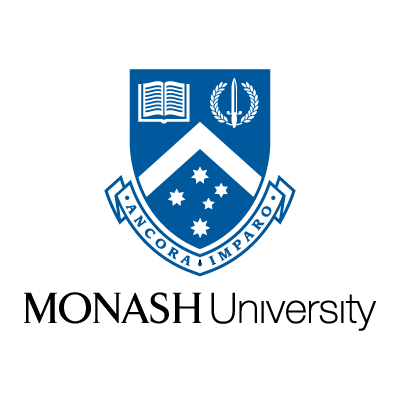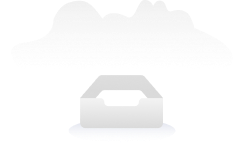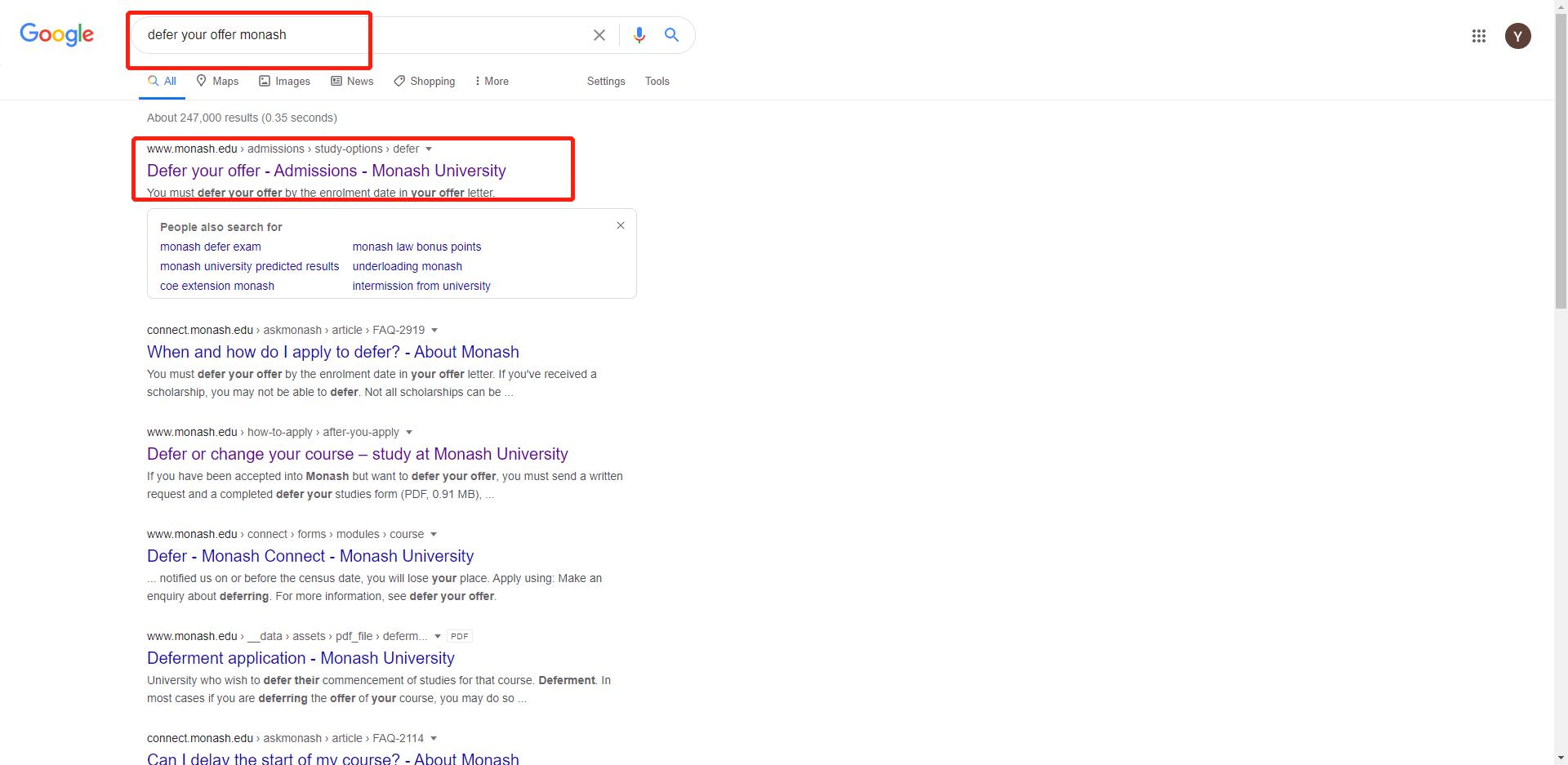Master of Biomedical and Health Science
Monash University









Priority 2 (Medium)
Places nearly full (not over-allocated)|Visa Approval Time: 4-8 weeks queuing for processing
Data updated: 2025-11-13
2026
- Total Tuition Fee108,768 AUD
- Fee Per Academic Year54,384 AUD
- Course Duration2.0 Year (104 weeks)
- Last Updated07-11-2025
Overview
Introduction
The Master of Biomedical and Health Science is a coursework degree to be undertaken in key research areas in the Monash Biomedicine Discovery Institute in the Faculty of Medicine, Nursing and Health Sciences. You will undertake an initial year of intensive training in how to conduct research, by studying coursework units in pedagogical and research skills training and engaging in specialist research in theory units, followed by a second year of a full time research project in a research environment under the direct supervision, or co-supervision of a member of the academic staff of Monash University, training in entrepreneurship and employability, and culminating in a merit-based internship in industry or with Monash.You will also be able to undertake elective units, which enable you to develop and expand your specialist discipline knowledge in key areas of biomedical and health sciences, in the following biomedical theory areas:Appetite, Energy Metabolism and ObesityThis elective will provide you with knowledge of the biology and treatment of obesity and co-morbidities to conduct research on Obesity and its co-morbidities, a major health problem worldwide. The emphasis will be on how we acquire energy through food; use energy for daily activities; when and how an imbalance between intake and expenditure produces obesity and co-morbidities; and the evidence for different therapies for the treatment of obesity and co-morbidities. Cancer biology and therapeuticsThis elective provides you with the skills to formulate a research question on cancer causing genes and the clinical applications of therapies. The emphasis is on understanding cancer biology, including the molecular mechanisms underpinning human cancers and targeted therapeutics used to treat patients with this disease. Cardiovascular diseasesThis elective provides you with the skills to formulate a research question on the cardiovascular system in health and disease, by generalising and integrating discipline knowledge gained in this unit. The emphasis is on the cardiovascular system in disease or how disease impacts on it. You will study this from the cellular level through to integrative physiology and pharmacology, including the whole animal.Infectious diseases and population healthThis elective provides you with the skills to formulate a research question on the most important, prevalent, emerging or neglected diseases affecting humans, and conduct research to address that question. The emphasis is on those diseases affecting resource-poor or low- and middle income countries. You will study this from the molecular through to the human population level.NeuroscienceThis elective provides you with the skills to formulate a research question on the relationships between brain processes and behaviour. The emphasis is on the relationship between brain and behaviour, in health and/or disease. You will study this from the molecular through to the whole human level.Regenerative medicine and stems cellsThis elective provides you with the skills to formulate a research question on the repair or replacement of damaged human tissues and organs in health and disease and conduct research to address that question in the second year of study. The emphasis is on the cells, factors, other biological building blocks, and bioengineered materials and technologies that assist the body's regenerative capacity. You will study this from the molecular through to the whole human level.
Key Dates
2025
2026
School Application Steps
Follow the process below, prepare materials in order, and track the progress of each stage.
- 1
Prepare Materials (School Application)
- Organize academic and language materials based on the list of target courses and schools.
- If the requirements are not yet met, you can apply for a language pathway program/packaged course (ELICOS/internal test) first.
- Name the electronic versions of documents uniformly (in English) for easy reuse in subsequent visa applications.
Documents for Adult Applicants
- 2
Briefing on School-Arranged Interview (if applicable)
- Submit application materials, including transcripts, passport, and English proficiency proof, to the State Department of Education.
- School review: The Department of Education recommends schools based on the student's situation, and the school arranges an interview after its review.
- Interview notification: An email will specify the interview time, method (usually Zoom or Teams), and preparation details.
- Interview content: A conversation in English including self-introduction, interests, academic situation, future plans, and a comprehensive assessment of learning habits, adaptability, reasons for coming to Australia, etc. The duration is approximately 15-30 minutes.
- 3
Submit School Application
- Submit the application through the school's official website or an agent's portal and pay the application fee (if any).
- Submit supplementary documents as required and track the admission progress (Conditional/Unconditional Offer).
- After meeting the conditions, pay the tuition deposit and complete the acceptance procedure (Accept Offer).
- 4
Obtain CoE and Arrange OSHC
- The school issues the CoE (Confirmation of Enrolment).
- Purchase/confirm OSHC to cover the entire visa period (including dependents, if any).
- 5
Visa Document Preparation (Subclass 500)
- Organize documents for finances, GTE, English proficiency, and medical examination, ensuring consistency with the chosen course.
- Check the letterheads, dates, translation formats, and certification requirements of visa documents.
Scholarship
Language Requirements
IELTS Score
PTE Score
2026 year(s)
Listening
6.5
Speaking
6.0
Reading
6.5
Writing
6.0
Overall
6.5
School Level
The school's visa assessment level determines the risk level for students applying for a visa and is a significant reference.
For example, if a school's visa assessment level is 2, the applicant will face more restrictions and be required to provide more written evidence, such as proof of language proficiency and financial capacity.

Course Campuses
- VIC
Similar Course
WA
VIC
SA
QLD
NSW
ACT
NT
TAS

No data available~



